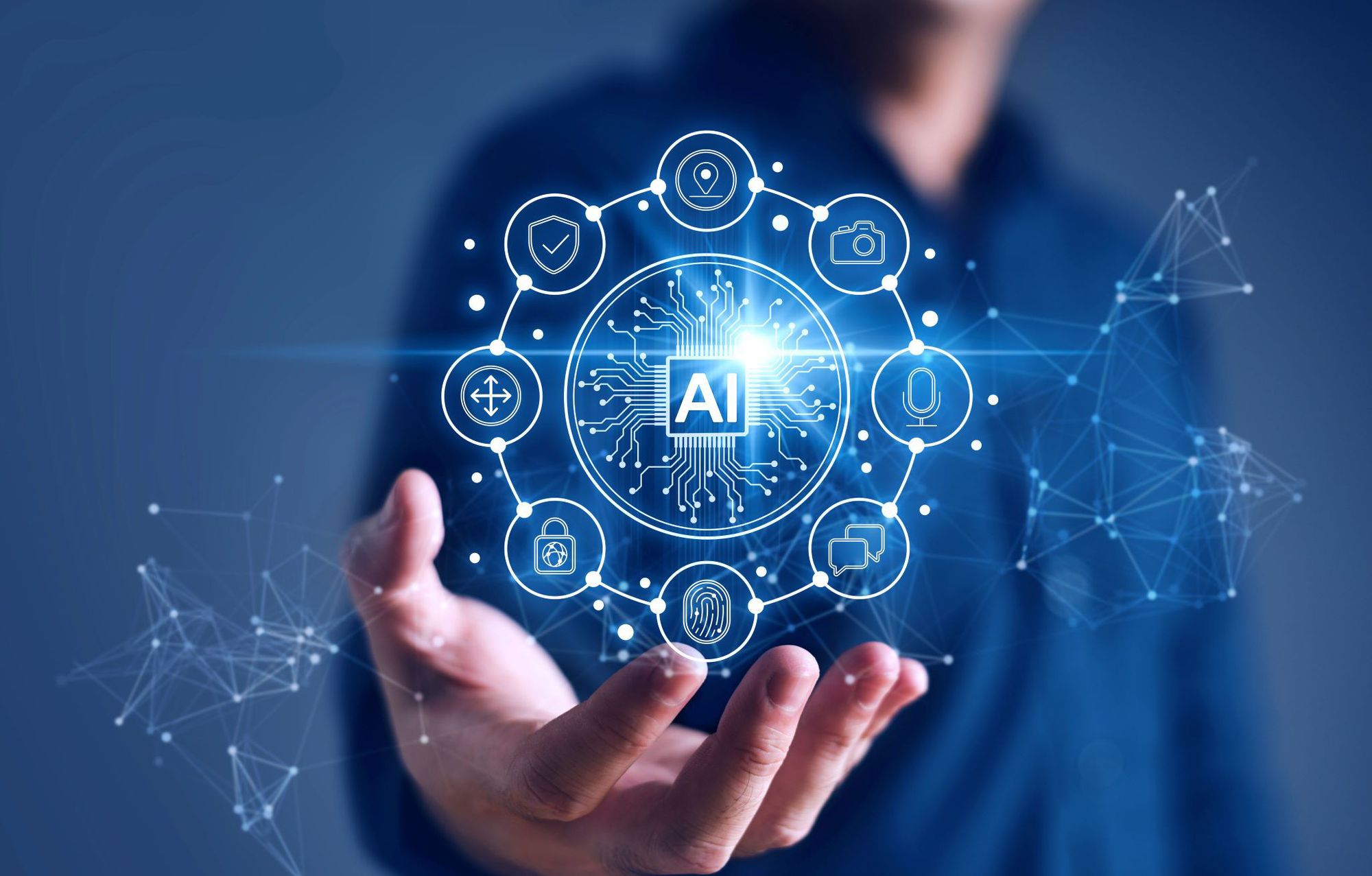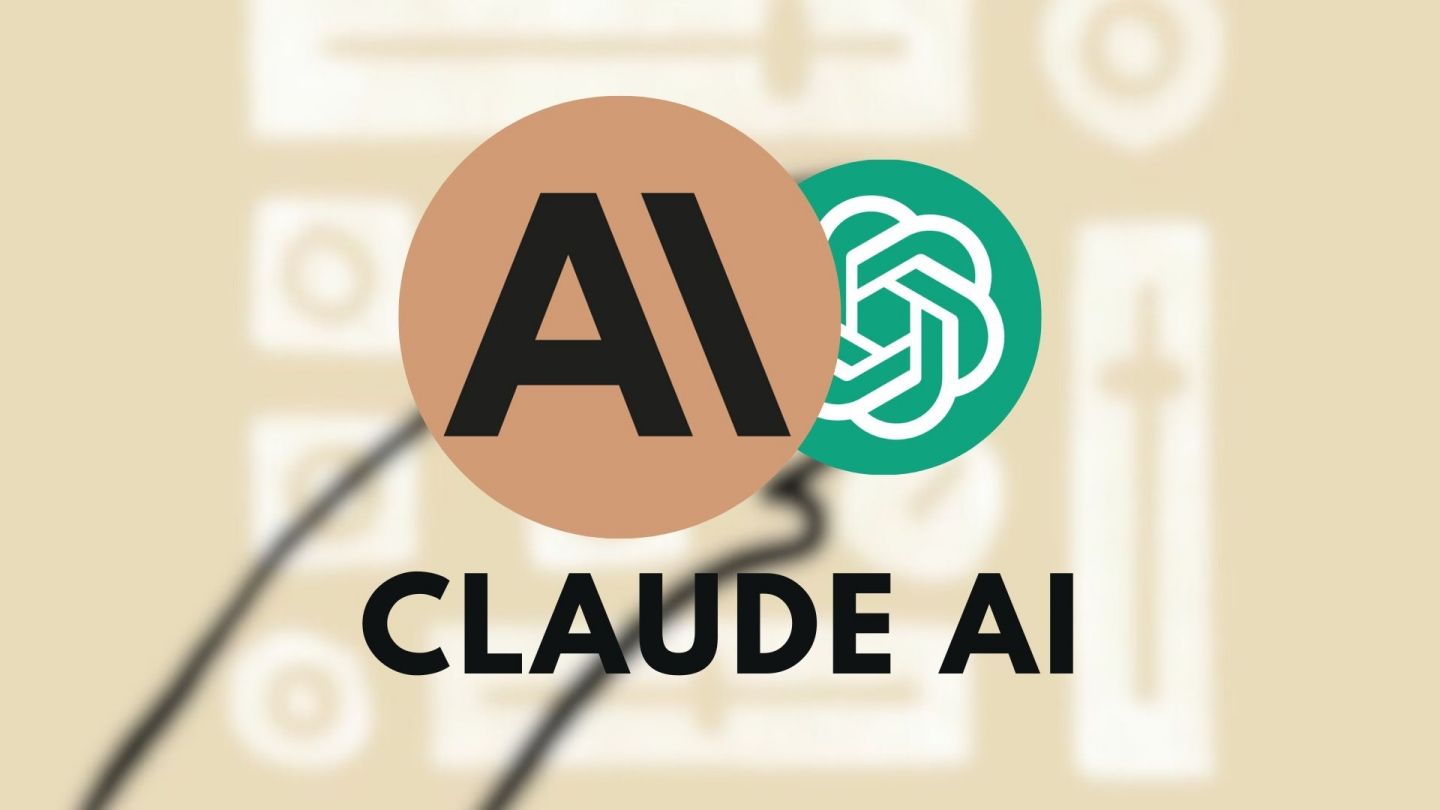The Most Powerful Generative AI Models and Chatbots of 2025: A New Era of Intelligence

Breakthrough AI Models of 2025
GPT-4o (Aug 6) & Claude 3.5 Sonnet – Redefining Intelligence
The latest iterations of OpenAI’s and Anthropic’s flagship models set a new benchmark in AI-driven reasoning and content creation. These models excel in producing detailed, accurate responses for complex queries, making them indispensable for chatbots, content creation, and research.

Gemini 1.5 Flash – The Speed Titan
Google’s Gemini 1.5 Flash is known for its blazing-fast response times. It is a game-changer for AI-assisted programming, automation, and rapid data processing. This model is optimized for instant interactions, making it an excellent choice for businesses requiring real-time AI support.

Gemma 7B – The Real-Time Processing Powerhouse
As an open-source model, Gemma 7B balances speed and intelligence. It is particularly useful for live chatbots, AI-driven analytics, and interactive applications. Developers and businesses appreciate its efficiency in handling real-time data processing without compromising accuracy.

Sonar Small & Sonar 3.1 Small – Pioneers in Low-Latency AI
These models cater to voice assistants, AI-driven customer service, and automated workflows. With their low-latency design, they ensure seamless, human-like interactions without lag, making them highly effective in environments requiring instantaneous AI responses.

OpenChat 3.5 & Gemini 1.5 Flash – Cost-Effective AI Solutions
For businesses looking for budget-friendly AI tools, OpenChat 3.5 and Gemini 1.5 Flash stand out. These models offer high-quality AI interactions at a fraction of the cost, making them accessible to small businesses and startups. Their affordability does not compromise functionality, making them reliable choices for AI-assisted writing, chatbot services, and content generation.
Gemini 1.5 Pro & Gemini 1.5 Flash – Masters of Context Handling
With the ability to process up to 2 million tokens, these models provide an unparalleled advantage in long-form document analysis, research, and content summarization. Their deep contextual understanding allows them to retain coherence over extended conversations, setting them apart from traditional AI models.
The Best AI Chatbots of 2025: Choosing the Right Fit
ChatGPT – The All-Purpose AI Assistant
ChatGPT remains the most widely used chatbot, known for its strong problem-solving abilities, creative writing skills, and intuitive responses. Available in multiple pricing tiers, including free and enterprise options, it caters to diverse user needs. However, it lacks citation support, making it less suitable for academic or research-based applications.

Perplexity AI – The Research-Oriented Chatbot
What sets Perplexity AI apart is its ability to summarize search results with proper citations. This feature makes it an excellent tool for academic research, professional inquiries, and fact-checking. The pro version offers enhanced capabilities, including file analysis and visualized answers, making it a go-to AI for knowledge workers and researchers.

Claude AI – The Ethical AI for Business Applications
Anthropic’s Claude AI prioritizes safety and ethical AI practices, making it an appealing choice for businesses concerned about security and reliability. With its tiered model structure—Haiku (fast), Sonnet (advanced), and Opus (comprehensive)—users can select the model best suited to their needs. Despite its strengths, Claude lacks citations and sometimes provides limited responses compared to its competitors.

Google Gemini – The AI Powerhouse with Google Integration
Gemini Advanced AI is deeply embedded in the Google ecosystem, offering seamless integration with Google Docs, Sheets, and even Python-based tasks. Unlike other chatbots, it provides video, image, and music generation capabilities, making it a versatile tool for creative industries. However, its responses can be inconsistent, and it requires repeated queries for accuracy testing.
Microsoft Copilot – AI for Enterprise and Workflow Optimization
Designed for business professionals, Copilot integrates with Microsoft Office products, streamlining workflows and automating tedious tasks. From sales and finance to security, Copilot offers specialized versions catering to various business needs. While it excels in enterprise environments, its interface may feel less intuitive for general users.

Key Considerations for Choosing the Right AI Model
Performance Metrics That Matter
Selecting an AI model requires evaluating its core strengths and how well it aligns with your needs. Important factors to consider include:
- Accuracy & Reliability: High-quality responses tailored to your domain.
- Processing Speed: Faster models improve efficiency in real-time interactions.
- Context Handling: Ability to retain long-form conversations and analyze large documents.
- Integration Capabilities: Compatibility with existing tools and platforms.
Matching AI with Your Needs
- For General Use: ChatGPT is the most versatile and widely adopted AI assistant.
- For Research & Fact-Checking: Perplexity AI stands out with its citation-backed responses.
- For Business & Secure AI: Claude AI and Microsoft Copilot prioritize security and workflow automation.
- For Content Creation & Creativity: GPT-4o and Claude 3.5 Sonnet excel in generating high-quality text and multimedia content.
User Experience & Accessibility
- Ease of Use: A clean, intuitive interface enhances user engagement.
- Community & Support: Access to FAQs, forums, and user guides improves AI adoption.
- Compatibility: AI should seamlessly integrate with existing workflows to maximize productivity.
Budgeting for AI: Finding Cost-Effective Solutions
With AI services offering a mix of free and premium tiers, organizations must evaluate their investment wisely. Open-source models like Gemma 7B and Sonar provide excellent functionality without costs, while premium enterprise solutions justify their price through enhanced capabilities and security features.
The Future of AI: A Glimpse Into What’s Next
The rapid advancements in generative AI indicate that we are only scratching the surface of its potential. Future AI models will likely incorporate improved contextual awareness, multimodal capabilities, and even deeper integration into everyday workflows. As AI continues to shape industries, staying informed about the latest tools and selecting the right model for your needs will be crucial in maintaining a competitive edge.
From research and content creation to business automation and real-time analytics, AI has transformed how we work, create, and interact. As 2025 unfolds, the best AI solutions will not only enhance productivity but also redefine the possibilities of human-AI collaboration. 🚀